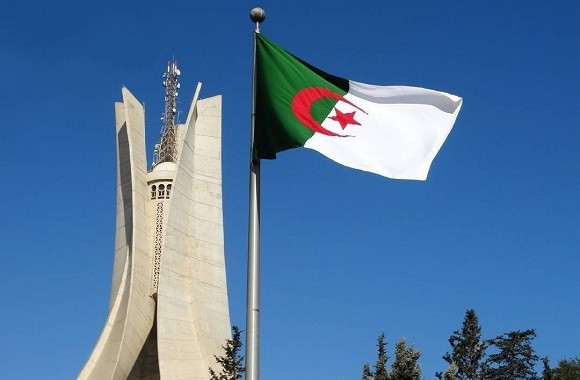ALGIERS – Wednesday, 12 July 2023 (APS) – Algeria’s unique history is a source of hope for many countries plagued by colonialism. Algeria, which won its independence from one of the world’s greatest military powers, played a leading role in the liberation struggles, particularly in Africa.
The liberation struggle showed Africa the way to free itself from colonialism and apartheid. The fight against the last colonies was always one of Algeria’s leitmotifs during the 1970s. Algerian diplomacy became the voice of the colonised countries at all international meetings.
Today, sixty-one years after its independence, Algeria is continuing its fight to put an end to the last two decolonisation issues, namely Western Sahara and Palestine.
-The building of Algerian state-
After the bloody years of the War of Independence, which put an end to brutal and violent French colonisation, Algeria is enjoying the benefits of independence. A wind of pride, hope and optimism blew over the country as it set about building its state.
It was a time of high hopes and great achievements. The creation of a people’s national army, the worthy heir to the glorious national liberation army, the establishment of the foundations of an administration, the generalisation of national education, free access to healthcare, a social protection system accessible to all, the nationalisation of strategic sectors, and an industrial and agricultural policy. The country, left fallow by the colonial administration’s scorched earth policy, rose from the ashes. Vast housing projects were carried out under various special programmes and five-year plans.
In 1962, Algeria had one university, a few high schools and a few health centres with no staff. Algerians lived in shanty towns and shantytowns. Sixty-one years later, the country has more than 12 million schoolchildren, a third of its population, and more than one and a half million students in more than 100 universities, graduating 250,000 students a year. The Algeria of 2023 will have dozens of university hospital centres.
-New Algeria-
The messages and demands of the Hirak are all contained in the 54 electoral commitments made by the President of the Republic, Abdelmadjid Tebboune.
President Tebboune, brilliantly elected after a free election, very quickly set about laying the foundations for something new. A new Algeria, a modern-day Algeria, free, fair and prosperous, with its place in this new world that is taking shape.
Despite some “headwinds” and resistance to change, he has managed to keep his promises.
From the restoration of the authority of the State to the completion of institutional edification, via the moralisation of public life, the President of the Republic has succeeded in “reconnecting” Algerians with their State. Henceforth, in this new Algeria, the citizen is at the centre of priorities and the protection of his purchasing power is a constant battle.
In more than three years, the country has achieved major milestones in all areas and is moving steadily towards the pinnacle, towards emergence.
untry as it set about building its state.
It was a time of high hopes and great achievements. The creation of a people’s national army, the worthy heir to the glorious national liberation army, the creation of administrative structures, the generalization of national education, free access to healthcare, a system of social protection accessible to all, the standardization of strategic sectors, and an industrial and agricultural policy.
In 1962, Algeria had one university, a few lycées and a few health centres with no supervision. Algerians lived in squatter settlements and shanty towns. Sixty-one years on, the country has more than 12 million schoolchildren – a third of its population – and more than one and a half million students in more than 100 universities, graduating 250,000 students a year. The Algeria of 2023 will have dozens of university hospital centres.
-Access to housing and human development-
The housing crisis is a thing of the distant past in Algeria. Algeria has given priority to housing policy through its various development plans. Huge housing construction projects have been launched, and substantial budgets have been spent on resolving the housing crisis on the one hand, and eradicating precarious housing on the other.
The housing sector, which has gone through several waves since 1962, is one of Algeria’s proudest achievements.
No country in the world can rival Algeria in its housing policy. Access to housing for all sections of society is one of the fundamental principles of Algeria’s human development policy.

